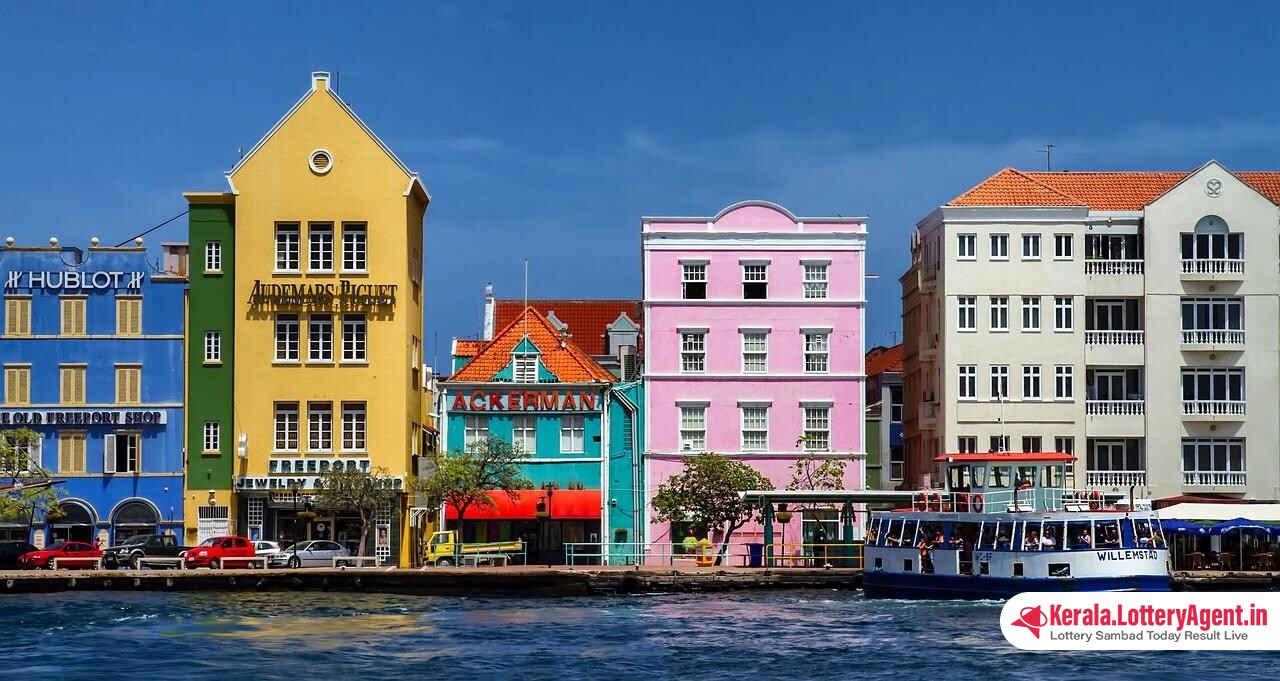
In a significant move to address long-standing concerns around money laundering, Curaçao’s Finance Minister Javier Silvania has affirmed the potential of new legislation to positively reshape the island’s international standing during the first parliamentary reading of the Law on the Oversight of Games of Chance (LOK). Silvania’s comments underline his commitment to replacing the currently enacted National Ordinance on Offshore Games of Hazard (NOOGH) with the LOK, a move first set in motion last December in the jurisdiction’s parliament.
Curaçao, often marred by the stigma associated with financial crimes, has recognized the urgency of rehabilitating its reputation. Silvania conceded that the local online gaming industry had been mired in negative perceptions, associated as a breeding ground for lawlessness and money laundering, but he firmly believes that the advent of the LOK marks the dawn of a new era.
“The new law will enhance our reputation by promoting transparency, accountability, and compliance with international standards in these critical areas,” Silvania said, striking a call to action for lawmakers to appreciate the high risks of money laundering inherent in online gaming and support the LOK’s implementation.
Silvania underscored the timeliness of this legislative overhaul, asserting that the enforcement of the LOK should align with an upcoming evaluation by the Financial Action Task Force (FATF) and the Caribbean FATF (CFATF), which will closely examine Curaçao’s anti-money laundering measures.
In his address, Silvania criticized the misinformation campaigns that have plagued discussions about the LOK, claiming that such fallacies not only mislead the public but could also contaminate the assessment process by international evaluators who monitor local news and parliamentary debates.
Last September, he championed the LOK as Curaçao’s safeguard against potential grey-listing, emphasizing AML (Anti-Money Laundering) implications.
The minister further doused flames of controversy regarding fresh licence issuances, clarifying that these were granted under the NOOGH, not under the anticipated LOK framework. New stringent conditions accompanying these licences aim to align with the highest standards and operational responsibilities in the gambling realm, especially with AML concerns at the forefront in Curaçao.
Countering rumors, Silvania assured stakeholders that the LOK’s drafting process was anything but clandestine, having benefited from significant local and international input, refuting claims that it was done in isolation.
Silvania also envisioned the LOK strengthening Curaçao’s economic foundations. He lamented the financial disparities between Curaçao’s current licensing revenues under the NOOGH and those of jurisdictions like Malta or the Isle of Man, where licence revenue is vastly higher. He decried that while Curaçao has more licences than these areas combined, the profits have been funneled to the private sector or sent offshore, depriving the government and citizens of substantial income.
Highlighting the LOK’s transformative power for Curaçao’s economy, Silvania stated that improved licence fees would lead to enhanced investments in critical sectors like education, health, and infrastructure, thus benefiting the population in the long term.
The parliamentary first reading of the LOK is a critical step toward enacting the legislation. Meanwhile, the jurisdiction’s transition is already in motion, with the Gaming Control Board (GCB) opening the new licensing application portal as of September 1, 2023. September also saw Hilary Stewart-Jones joining the GCB as an adviser, and when the LOK becomes operative, the Curaçao Gaming Authority will step in as the new regulatory body. Last November, the licence application portal began accepting account registrations from applicants and sub-licence holders, signaling a new chapter for the gaming industry in Curaçao.












